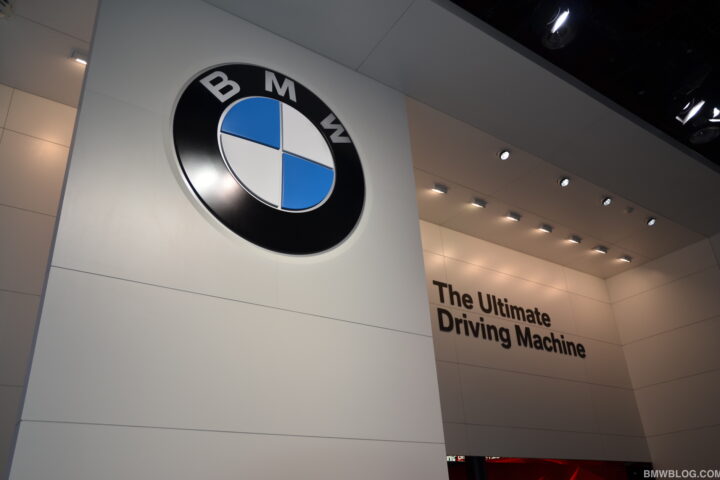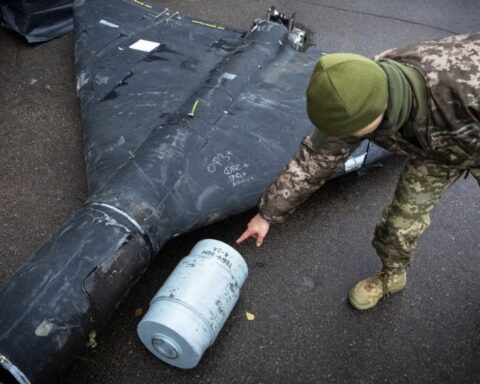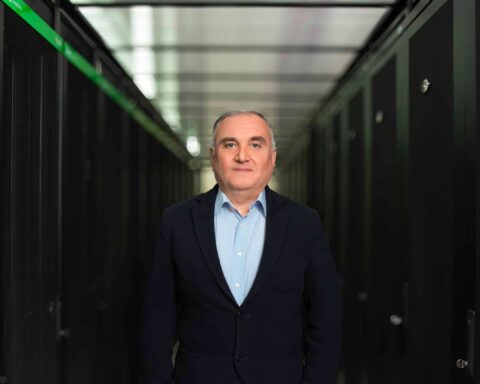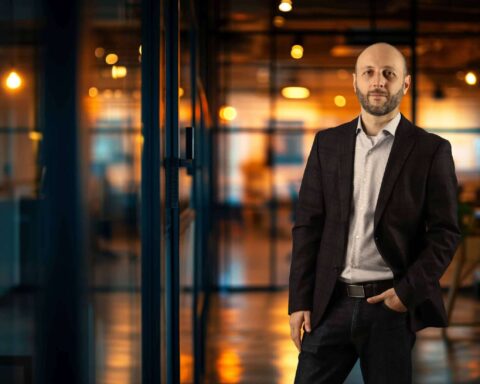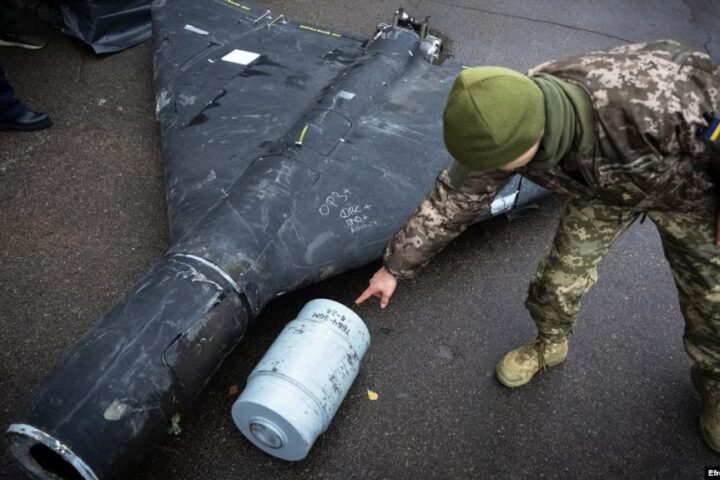In a bold response to a wave of violent acts targeting Tesla vehicles and facilities, the FBI has launched a task force to investigate what it labels “domestic terrorism” directed at Elon Musk’s electric car empire.
Announced on Monday, this initiative follows a series of arson attacks, shootings, and vandalism across the United States, including high-profile incidents in Las Vegas and Austin, which authorities link to growing unrest over Musk’s role in the Trump administration.
FBI Director Kash Patel has vowed to pursue and prosecute those responsible, signaling a hardline stance against what officials see as coordinated assaults on a key American company. The task force’s creation marks a pivotal moment in addressing this emerging threat, blending national security concerns with corporate protection.
The announcement came on March 25, 2025, as news broke of incendiary devices found at a Tesla showroom in Austin, Texas, just hours after Patel’s statement. Reported across major outlets like CNN and NBC News, the task force aims to tackle over 80 documented cases of violence against Tesla cars, dealerships, and charging stations since late 2024.
From Molotov cocktails torching Cybertrucks in Las Vegas to gunfire shattering showroom windows in Oregon, the attacks have escalated, prompting a federal response that underscores the gravity of the situation. With Tesla’s CEO Musk now heading the Department of Government Efficiency (DOGE) under President Trump, these incidents have taken on a political edge, raising questions about motive, funding, and the broader implications for public safety.
A Spate of Violence Sparks Alarm
The surge in anti-Tesla incidents began gaining traction in early 2025, coinciding with Musk’s appointment to DOGE, a role tasked with slashing federal spending. Fox News reported that Tesla dealerships in at least nine states—Nevada, Oregon, Massachusetts, and Colorado among them—have faced arson, gunfire, and vandalism, often accompanied by graffiti decrying Musk as a “fascist” or “capitalist.” A notable attack on March 18 saw five Tesla vehicles set ablaze at a Las Vegas repair center, an incident the FBI’s Joint Terrorism Task Force is now probing, per NBC News. Another in Austin involved “incendiary devices” at a showroom, heightening fears of a coordinated campaign.
Authorities estimate damages in the tens of thousands, with CNN citing a Las Vegas case where Molotov cocktails caused between $5,000 and $20,000 in losses. The New York Times noted that peaceful protests, like those led by the “Tesla Takedown” group, have been overshadowed by these violent acts, which FBI Assistant Director Ben Williamson described as “unacceptable” in a statement to Fox News Digital. The bureau’s response—pairing with the Bureau of Alcohol, Tobacco, Firearms and Explosives (ATF)—reflects a shift from local policing to a national security lens, amplifying the stakes.
FBI Launches Task Force Targeting Anti-Tesla ‘Domestic Terrorism’
The headline move—the FBI launching a task force targeting anti-Tesla ‘domestic terrorism’—came as Patel took to X on March 24, declaring, “This is domestic terrorism. Those responsible will be pursued, caught, and brought to justice.” Echoed by Deputy Director Dan Bongino’s “Justice is coming” post, the rhetoric signals an aggressive crackdown. NBC News reported the task force is embedded in key field offices, starting in San Antonio, where early attacks emerged, and will leverage counterterrorism resources to trace perpetrators.
Attorney General Pam Bondi bolstered this stance, announcing charges against three individuals for Tesla-related arsons on March 20, per BBC. Facing up to 20 years in prison, the suspects allegedly used Molotov cocktails in Las Vegas and other sites, acts Bondi called “nothing short of domestic terrorism” on Fox Business. While domestic terrorism isn’t a specific federal charge, prosecutors can pursue enhanced penalties for crimes with terroristic intent, a tactic the Justice Department is now employing, as noted by The New York Times.
Musk’s Role Fuels the Fire
Elon Musk’s polarizing presence in Trump’s administration has emerged as a flashpoint. As DOGE chief, he’s overseen mass layoffs—tens of thousands of federal workers—drawing ire from critics who see Tesla as a proxy for their grievances, per CNN Politics. Musk himself told Fox News’ Sean Hannity on March 20 that “larger forces” might be funding the attacks, a claim echoing on X without evidence. President Trump, on Truth Social, suggested vandals deserve “20-year sentences in El Salvador,” aligning with his administration’s tough-on-crime ethos.
The backlash isn’t just about policy. Musk’s Tesla has faced boycotts and protests—some peaceful, like the “Tesla Takedown” rallies in San Francisco and New York, per Reuters—over his political ties. Yet, as NBC News’ Liz Kreutz reported, the violence has eclipsed these efforts, with groups like Philadelphia’s “anti-capitalist” collective cheering arsons online, per Fox News. This mix of ideology and aggression has complicated the narrative, leaving Tesla owners and staff on edge, as warned in an FBI public service announcement over the weekend.
Legal and Political Ripples
The task force’s designation of these acts as “domestic terrorism” carries weighty implications. The New York Times explained that, while not a standalone crime, the label allows broader surveillance and search powers under Joint Terrorism Task Forces, involving over 30 federal agencies. Civil liberties experts, cited by WIRED, caution this could sweep up nonviolent protesters—like Tesla Takedown’s Joan Donovan, who insists her group opposes violence—into a wider net, raising free speech concerns.
Politically, the issue divides. Trump allies like Rep. Marjorie Taylor Greene have urged prosecutions, per Forbes, while critics see irony in the term “domestic terrorism” after Trump pardoned January 6 rioters, as CNN’s Josh Campbell noted. Bondi’s threat of “severe consequences” for those “operating behind the scenes,” per ABC News, hints at a hunt for organizers or funders—a theory Musk has pushed but remains unproven. Congressional scrutiny looms, with lawmakers eyeing hearings to probe the FBI’s approach, per Politico.
Corporate and Public Fallout
For Tesla, the attacks are a double blow—physical damage and reputational strain. Laurie Shelby, Tesla’s VP of Security, has yet to comment, per CNBC, but the company’s stock has wavered amid the unrest, though it retains a $1.5 trillion valuation, per Bloomberg. Owners are jittery; the FBI’s memo urged vigilance ahead of a “Global Day of Protest” planned by left-wing groups, per Fox News. Posts on X trend with #TeslaCrumbling, blending outrage and dark humor as burned Cybertrucks become symbols of dissent.
Businesses fear broader impacts. The National Retail Federation warned CNN that such violence could chill consumer confidence, especially as Tesla’s Superchargers—hit in Massachusetts—support a growing EV market. “This isn’t just about Tesla,” an analyst told NBC News. “It’s a signal to any corporation tied to polarizing figures.” Meanwhile, peaceful protesters like Donovan argue their message—opposing Musk’s government role—is lost in the chaos, per The Indian Express.
Global Echoes and Local Fears
Internationally, the attacks resonate. Canada reported 80 Tesla vandalism cases, per NBC News, suggesting a North American ripple effect. India’s Times of India tied the violence to Musk’s DOGE role, noting parallels with global anti-corporate sentiment. Locally, Las Vegas FBI agent Spencer Evans called the March 18 attack a “hallmark” of terrorism, per The Independent, vowing heightened security at Tesla sites—a pledge echoed by Kansas City police after a Cybertruck blaze, per ABC News.
Residents near Tesla facilities feel the strain. “It’s unsettling,” a Las Vegas local told CNN, reflecting a community caught between economic reliance on Tesla and fear of escalating violence. The FBI’s task force, per Fox News Digital, aims to restore order, but its success hinges on cracking a web of motives—political, economic, or anarchistic—that remains murky.
The Road Ahead
As the task force ramps up, questions linger. Will it quash the violence or inflame tensions? The Justice Department’s early charges—five-year minimums for some, per BBC—signal intent, but the scale of attacks demands more. Musk’s conspiracy claims, amplified on X, could shape public perception, yet evidence of coordination remains elusive, per Newsweek. With protests planned for March 29, dubbed “Tesla Takedown,” the FBI’s vigilance will be tested.
This saga blends corporate stakes with national security, a uniquely American collision. For now, the task force stands as a bulwark against chaos, but its legacy—whether justice or overreach—will unfold in the months ahead, as America grapples with dissent in the age of Musk and Trump.
Focus Keywords: FBI Tesla task force, anti-Tesla domestic terrorism, Elon Musk attacks, Trump administration response, Tesla vandalism crackdown





